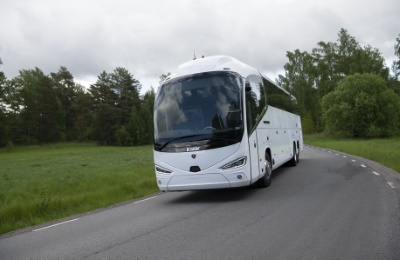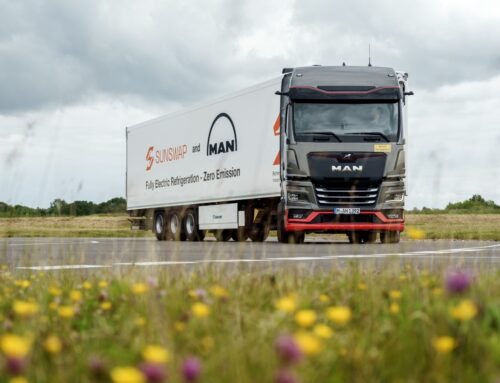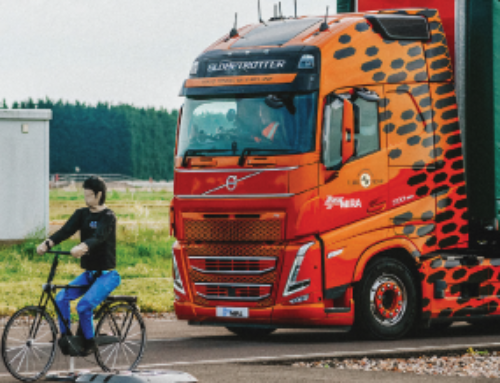Scania to cut CO2 with gas-powered coaches
 Germany’s Flix bus travel brand has joined forces with Scania to form a long-term partnership which will initially see the manufacturer provide the German intercity bus service brand with up to 50 bio-gas capable liquefied natural gas fuelled coaches by 2025.
Germany’s Flix bus travel brand has joined forces with Scania to form a long-term partnership which will initially see the manufacturer provide the German intercity bus service brand with up to 50 bio-gas capable liquefied natural gas fuelled coaches by 2025.
The vehicles, with Irizar i6s Efficient coach bodywork, will be built on Scania chassis. They will initially run on a mixture of bio and fossil liquid natural gas but will move to running solely on the renewable fuel as soon as the infrastructure makes it possible.
By making this change, the expected CO2 emissions produced will reduce by up to 80 per cent on average. The ambition is to accelerate the transition to sustainable mobility by developing new solutions and influencing the design of the needed infrastructure.
Johanna Salomonsson Lind, senior vice-president and head of people transport solutions at Scania, said: “Our ambition is to be a front-runner in the shift towards sustainable transport, and this collaboration with Flix represents a significant step in that direction.
“Biogas solutions are truly circular, and they’re possible to implement today, providing a sustainable solution that meets climate targets and reinforces social responsibility.
“The coaches also represent a smart and sensible choice, because they supply the range and power needed to support any route, at low cost in terms of both investment and operating economy.”
Scania has pledged to cut CO2 emissions from internal operations by 50 per cent and to support customers to reduce their emissions from their vehicles in use by 20 per cent from 2015 levels by 2025.
It has ample experience with biogas buses, including supplying Nottingham City Transport with the largest fleet of biogas double-deckers in the world.
As well as cutting CO2 emissions significantly, the technology also reduces overall noise while providing similar power and torque to an equivalent diesel engine.
Scania said: “Biogas is fossil- free, renewable and locally produced. Moving from compressed biogas to the liquified form makes it possible to carry more fuel and increase the vehicle’s range capacity. By switching to locally produced liquid biogas as fuel in long-distance transport, operators can substantially reduce both their own and their customers’ climate impact.”










